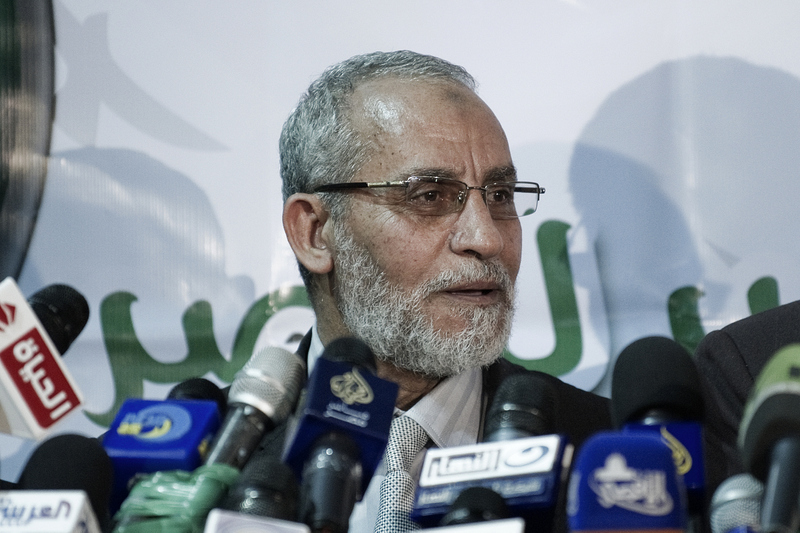CAIRO: A teacher praises her students as she inspects their half-filled Arabic copybooks, some perfect, some with mistakes. What is different about this class though is that when time is up at 4 pm, nobody wants to leave. Almost an hour later they are still reading, writing, and teasing each other.
Oh, and the oldest student in class is 72.
The class is part of NGO Alashanek ya Baladi’s (“for you, my country ) Eradication of Illiteracy Program, first launched two years ago.
In a small library of dust-ridden newspapers and books in a Youth Center in Ein El Sira, six women gather around a table and listen attentively as their teacher, Asmaa Al-Zohairy, dictates a sentence to them, word by word. Some get it correct, some miss a letter here or there, but all are visibly proud of themselves.
Just months ago for some of them, they could barely write their names. One student, Shadia, relates how she had an agreement with the bank that she could write her first name only as her signature. But each time a new teller was hired at the bank she had to go through the whole embarrassing negotiation process again.
Now she signs her whole name, knows what she’s signing, and needs no extra help.
“Illiteracy is dangerous for production. I will fight illiteracy with education, one woman reads aloud before the sentence is broken down for the women to write.
Azza says it was important for her to learn to read so she would never get lost again. Signs are no guide to those who cannot understand them. “[Literacy] lights up a person, she says, and the rest show their agreement.
Many indicate that they wanted to take the lessons so that they could help their children with schoolwork hoping they could achieve more than them, and also aspiring to escape the cycle of poverty.
While their previous teacher Mostafa Yehia says the tradition within these sectors of Egypt was for the men to learn and the women to get married and stay at home, these women are learning so that their daughters are not obliged to do so.
“Think about it, Nadia’s young daughter tells her, encouraging her as she struggles to solve one of the questions. She is taking similar studies in school and is mixing extra practice with play.
The grownups themselves mix in a little play as they lightheartedly compete and tease each other.
Their current teacher Asmaa Al Zohairy has been with these women for just a few months but their mutual ease around each other is unmistakable.
In the informal breaks Asmaa and Mostafa have gotten to know about these women’s lives – their families, their chores, their fears and their hopes. “They have to enjoy the lesson.
Shadia, who has children attending university, says a woman needs to “have options, and be able to work in case she divorces or finds herself without a husband.
Perhaps not for this reason, but for others, the husbands of the women present are supportive of their learning. One woman’s husband is himself illiterate and so is happy to have somebody in the family who can read and write, she says.
While some, like Rasha’s sister, don’t attend out of “embarrassment, these women are ambitious. They say they would rather be coming two or three times a week rather than just once a week. There is not a minimal level they want to stop at but want to understand newspapers and reach “the best level we can.
Mostafa hopes, if both teacher and students stay committed, that these women will be able to attain their literacy certificates from the Ministry within three to four months.
It is not that Asmaa, is not committed, but as all the volunteer teachers are themselves students at university and college, exam times can be difficult as they get busy and the women stop going.
By the time they start again, Yehia says they regress a bit on all the progress they’ve made. They are trying to organize something this year so that that doesn’t happen.
Asmaa two days a week from her busy AUC schedule to volunteer with between 20 and 30 women altogether, for religious reasons, and because she felt she “needed to do something for the community. She says the process requires a great amount of patience from the teachers as most of the women are older, making the learning process a bit slower.
For Mostafa too, it is about development for Egypt and getting sawab, or religious credit, which is multiplied by its continuous nature.
As the only male, he admits there was some discomfort in the beginning. Over half a year however, the women became less quiet and treated him more like a son. “We became more like a family.


